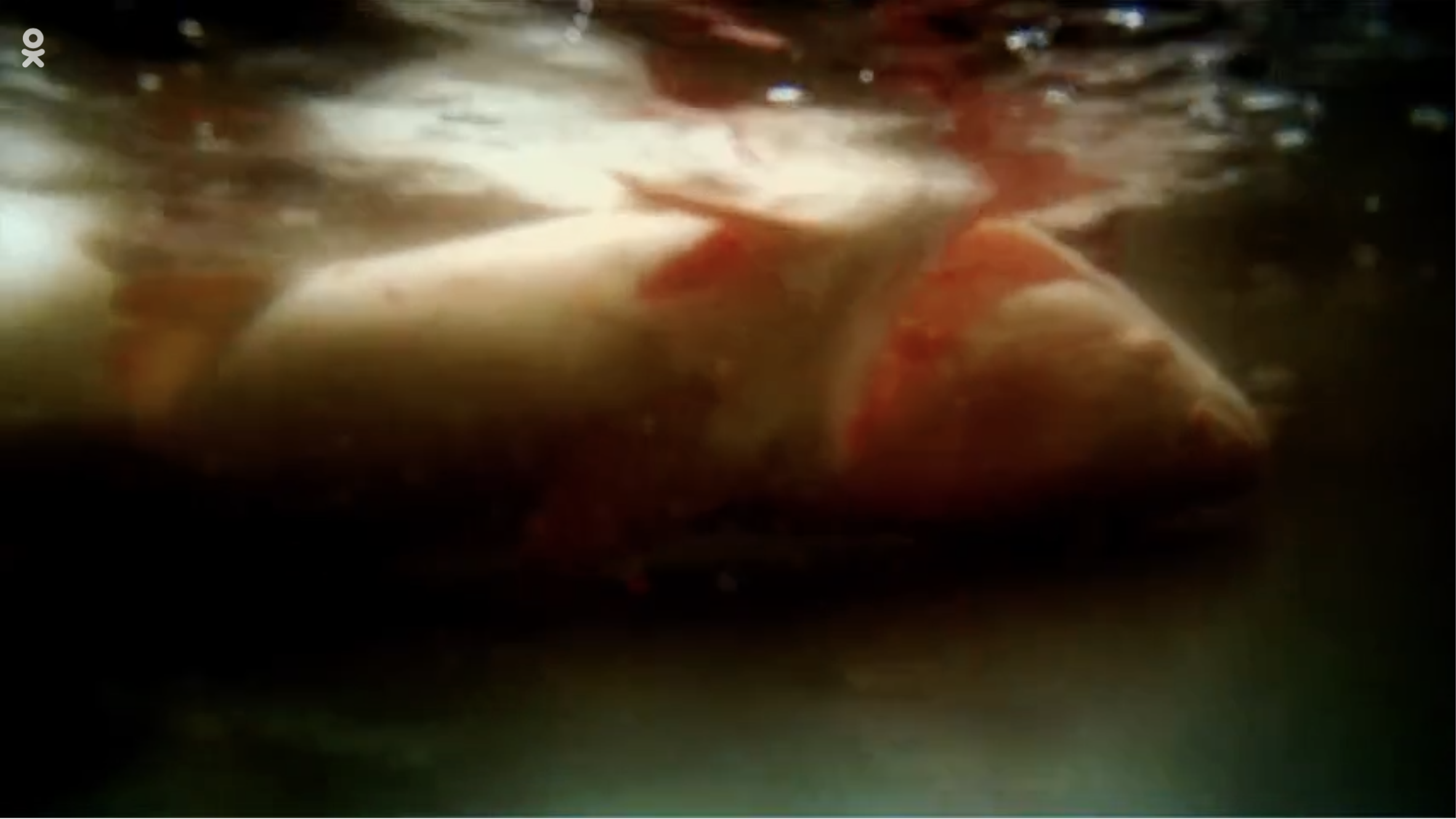In Week 5, I attended Professor Richard Baxtrom’s lecture, and although I learned more about anthropology and anthropology-related documentaries such as Sweetgrass during this lecture, I would like to share my views on Leviathan, which is a documentary about Sensory ethnography. “In lieu of this discursivity or discussivity, sensory ethnography offers a cinema of sensuous plenitude and perceptual richness, embodied experience, and visceral immediacy.” (Pavsek, 2015)
In this work, which uses a GoPro as a photographic device, the rhythm of the footage often changes to follow the rhythm of the waves. “Through- out the film, its naturalism is made explicit through the repeated swooping of the camera up from the depths of the sea, which runs parallel to the violence of extract- ing all manner of sea life from these depths, onto the harsh, metallic-chaotic surface of the ship’s deck.” (Baxstrom and Meyers, 2018) There is no denying that some of the scenes represent blood and violence. (Figure 1)Just as Baxstrom and Meyers (2018) mentioned, this work lets the audience directly plunge into some scenes with overwhelming, roaring and sometimes disgusting sounds of the documentary. This movie allowed me to see an experience I had never experienced before. It allowed me to see the work of fishermen from a stranger’s perspective, but I involuntarily put myself into it. To be honest, when I watched some of the bloody scenes in this documentary, such as the scene of killing fish, I personally felt discomfort, which came from these real and cruel clips.
 Figure 1 Image from Leviathan
Figure 1 Image from Leviathan
Reference list
Baxstrom, R. and Meyers, T. (2018). Violence’s fabled experiment. Berlin: August Verlag.
Pavsek, C. (2015) L eviathan and the Experience of Sensory Ethnography. Visual anthropology review. [Online] 31 (1), 4–11.


Thanks for the blog.